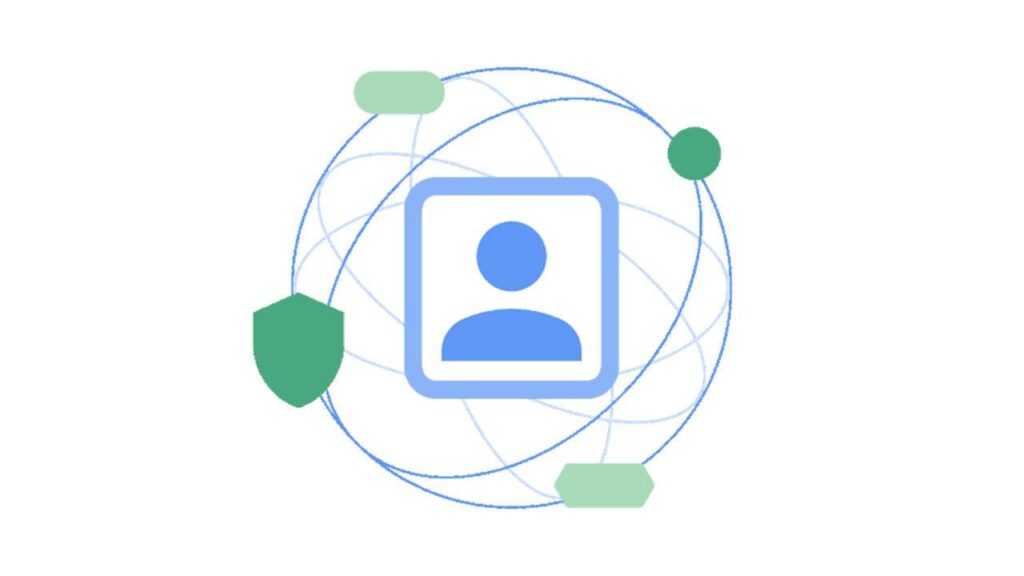The Google Privacy Sandbox, particularly its federal cohort or floc learning, had the great ambition to make third-party cookies unnecessary for target advertising, thus protecting the privacy of people even during money. Like many of the great ambitions of Google, FLOC found any small number of criticisms and wrappings. The company still maintains its position on the benefits of FLOC and its innocence of alleged subsequent reasons. To give time to approach those concerns, it is taking a small step back and delaying the implementation of Floc to 2023.
When Google announced that it would be eliminating third-party cookies by eliminating the support for them in Chrome, it also promised that it would not create technology to replace third-party cookies. Instead, he developed his privacy sand box and his floc to replace third-party cookies by promising a form of greatest privacy, however, still give companies and advertisers a way to earn money. However, not everyone bought the Spiel, and Google faced an intense scrutiny over his plans.
To give you more time to communicate with the many Denuzens of the Web, and potentially convince them of the validity of their FLOC, Google says it is delaying its implementation in about a year. It will begin at the end of 2022 to give publishers and advertisers to prepare their services for the great change. This change will begin in mid-2023, and Google estimates will take only three months to eliminate support for these third-party cookies.
Of course, the consequence of this delay is that the third will be around for a longer time. Web browsers now have systems to protect monitoring users, but Google believes that making these cookies are totally obsolete is the only way to get rid of once and for all.
Probably Floc’s critics agree at that point, but it does not look in the eyes with what Google is doing. Containment points include Google monopoly in browser and advertising companies, which causes Floc a sure way to keep your lead. There are also those who point out how their own cohort idea is defective and does not exactly protect users from being tracked, especially by Google.

